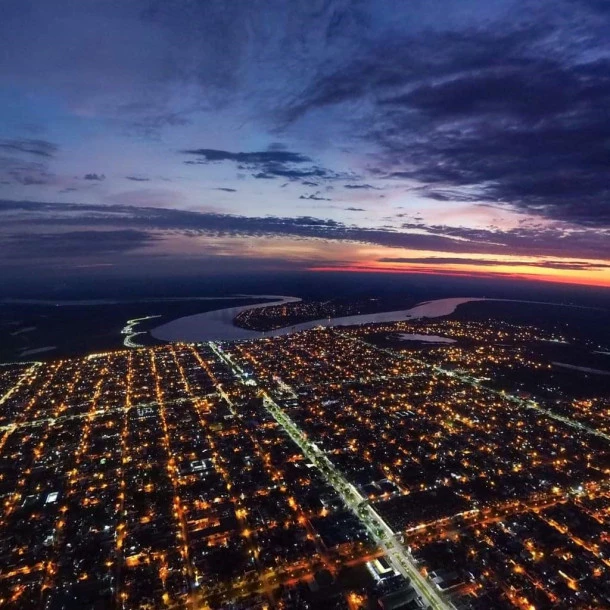The proposal aims to promote and strengthen UNESCO Biosphere Reserves and Global Geoparks to achieve sustainable development goals and respond to challenges related to climate change and natural hazards.
The UNESCO Regional Bureau for Science in Latin America and the Caribbean held the first meetings of the Technical Advisory Group created to work on the new Climate, Risk and Resilience Platform for UNESCO Sites in Latin America and the Caribbean. An initiative that aims to systematize climate and risk management experiences in the region to improve global understanding of climate change, disaster risk and resilience.
The virtual meetings took place during two phases: a first stage in September 2020 and, subsequently, the experts were reconvened between December 14 and 16. More than 25 participants from 11 countries took the first steps towards the creation of a platform dedicated to addressing the challenges of climate change, risk and resilience at UNESCO sites across the region.
These meetings were co-chaired by the President of the Network of Iberoamerican MAB Committees and Biosphere Reserves (IberoMAB Network) and the Coordinator of the UNESCO Geoparks Network for Latin America and the Caribbean (GeoLAC Network), Mr. Sergio Guevara and Mr. José Patricio Melo, respectively. UNESCO was represented by the Regional Director for Science, Ms. Lidia Brito.
In September, Peter Dogse, UNESCO Focal Point for Climate Change, laid the groundwork by sharing the importance of the platform and UNESCO sites as observatories that contribute to global action to address climate change and reduce disasters. «UNESCO designated sites can be seen as providers of climate services,» he said. Kristof Vandenberghe, Secretary of the International Geosciences and Geoparks Programme, highlighted the important role of UNESCO Global Geoparks in finding innovative solutions to disturbances of all kinds.
Sergio Guevara presented the results and recommendations of a workshop on risk management in Biosphere Reserves that was held by the IberoMAB Network in 2018, with the support of AECID.
«Geoparks and UNESCO Global Biosphere Reserves are not protected areas, but areas that protect,» he emphasized during his presentation.
In addition to contributing to the well-being and resilience of their communities, economies and ecosystems, UNESCO sites can also contribute to national climate change, risk management and sustainable development plans and strategies. In particular, the possibility of linking UNESCO site activities to nationally determined contributions (NDCs) was discussed.
Throughout the meeting, the technical advisory group identified priority themes for the Platform’s work in its early years. In particular, the growing impact of fires, droughts, floods and hurricanes on sites throughout the region and the complex knock-on effects of these hazards on all aspects of life were highlighted. This initiative also added value by bringing together UNESCO Global Geoparks and Biosphere Reserves.
Having identified such issues, it was decided to work in three areas to advance the work of the group: conducting a vulnerability and risk analysis of UNESCO sites; planning a capacity building program; and developing a social inclusion and participation program with emphasis on indigenous peoples and Small Island Developing States (SIDS) in the Caribbean.
The concrete work of the three groups began with planning meetings from December 14 to 16, during which they liaised with relevant UNESCO programs, networks, institutes and partners, such as the Intergovernmental Hydrological Programme for Latin America and the Caribbean, the UNESCO LINKS Programme, the UNESCO SIDS Programme, the UNESCO Risk Management Programme and UNESCO’s Massive Open Online Courses (MOOCs). With these three meetings, 2020 closed with plans and commitments for a year 2021 full of climate action, risk management and training at the regional level at UNESCO sites in Latin America and the Caribbean.



